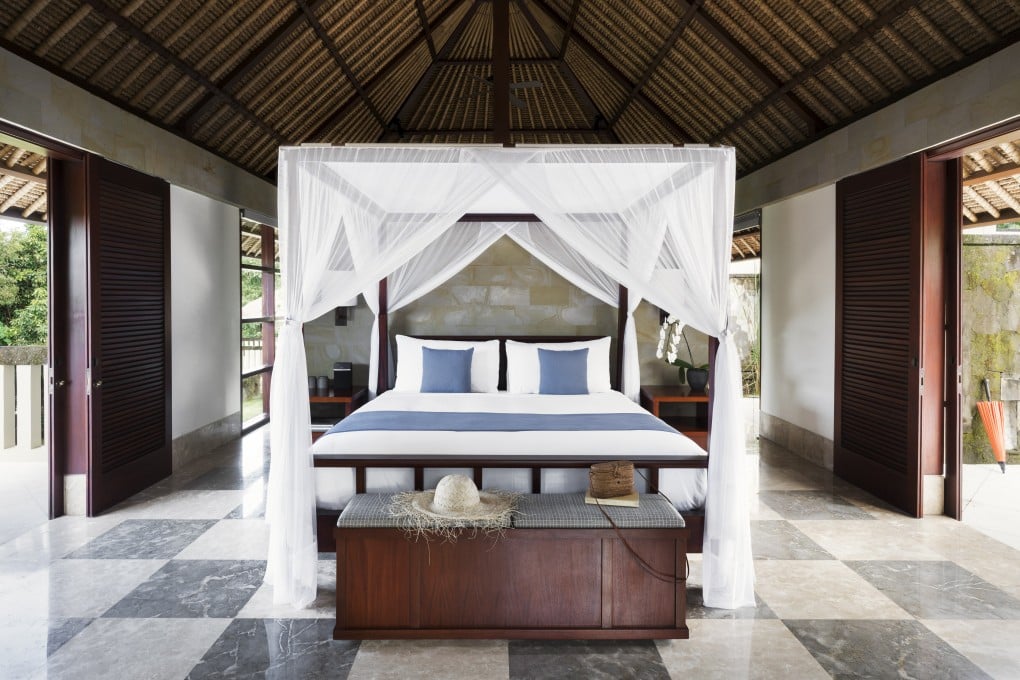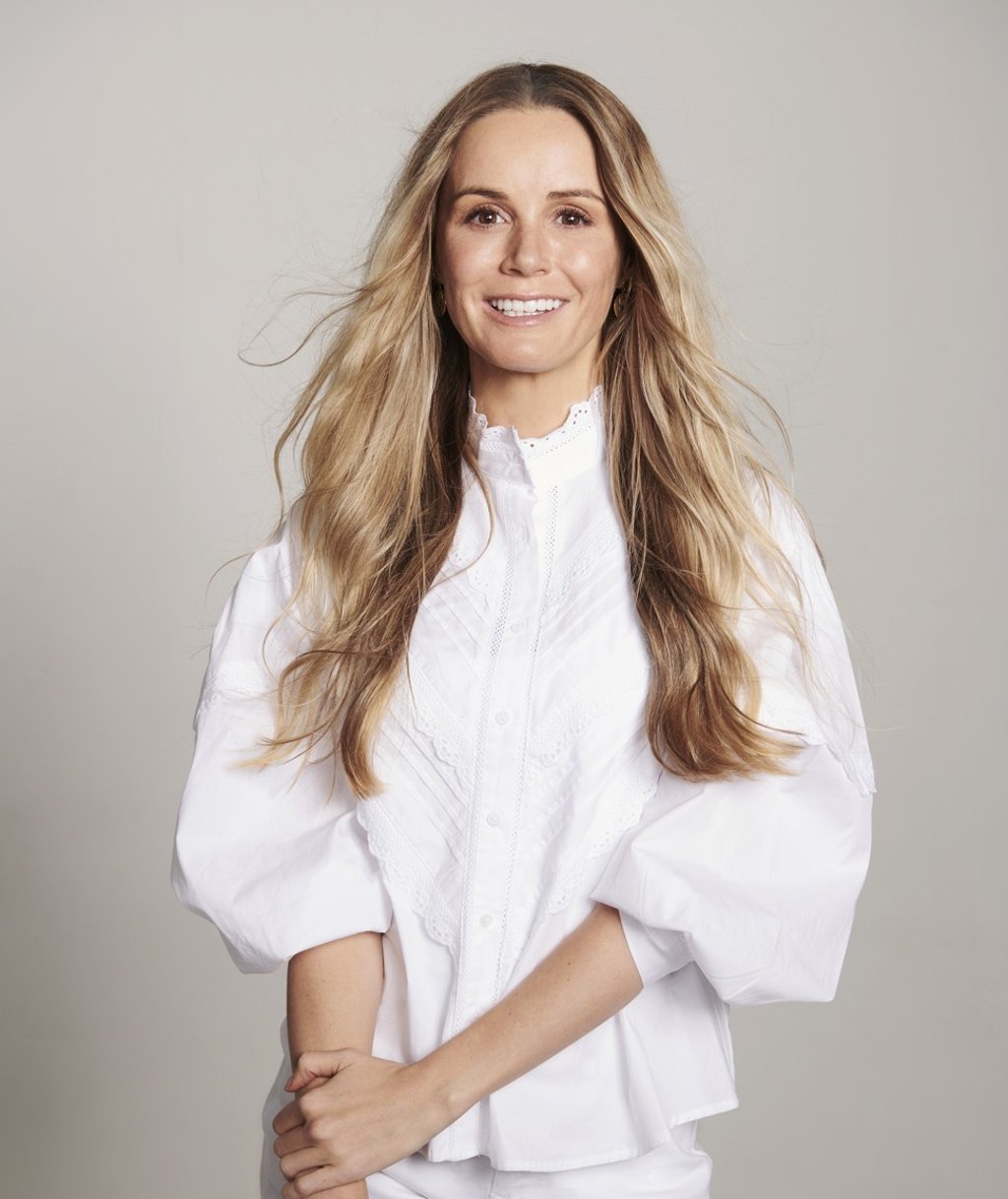Advertisement
Can’t sleep? Learn to do it better with a ‘sleep retreat’ in a luxury hotel – no sleeping pills needed
- Most people want more sleep than they are getting, and many wish for better sleep quality. ‘Sleep retreats’ led by health and wellness experts have mushroomed
- They use medical tests, yoga, nutrition and, at the Vale de Moses retreat in Portugal, a ‘soulpad’ – a tent to you and me – to help clients improve their sleep
Reading Time:5 minutes
Why you can trust SCMP

January is traditionally a time for waging war on ourselves by banning alcohol, counting calories, and drawing up ambitious workout plans for the coming year. But what if we took a softer approach to 2020, by sleeping through more of it instead?
Sleep deprivation is fast becoming a major global health issue, and Asia is by no means immune to the epidemic.
A recent survey found that 69 per cent of people in Hong Kong, mainland China, Thailand, Singapore and Malaysia aren’t happy with how much sleep they get, while 30 per cent are dissatisfied with their quality of sleep. According to Professor Dorothy Bruck, chair of Australia’s Sleep Health Foundation, around four in 10 people experience inadequate sleep regularly. The negative consequences are well documented.
Advertisement
However, while the world yawns its way through the working week, a soporific wellness trend has been gaining traction. This year, luxury hotels around the globe will host “sleep retreats” designed to help their guests sleep better. It’s a tempting concept. But do they work?

Advertisement
Fiona Lamb, a clinical hypnotherapist specialising in insomnia, believes so. She will be on hand at Lucknam Park Hotel’s new, two-night Sleep Retreat in the southwest of England in January, to teach people techniques for better sleep, and use guided meditation and hypnotherapy to address the anxiety and stress that she says is often the cause of insomnia.
“If you can’t sleep, there’ll be an explanation,” says Lamb. “Naturally, we know how to sleep, but the most common cause of insomnia is stress.
Advertisement
Select Voice
Choose your listening speed
Get through articles 2x faster
1.25x
250 WPM
Slow
Average
Fast
1.25x